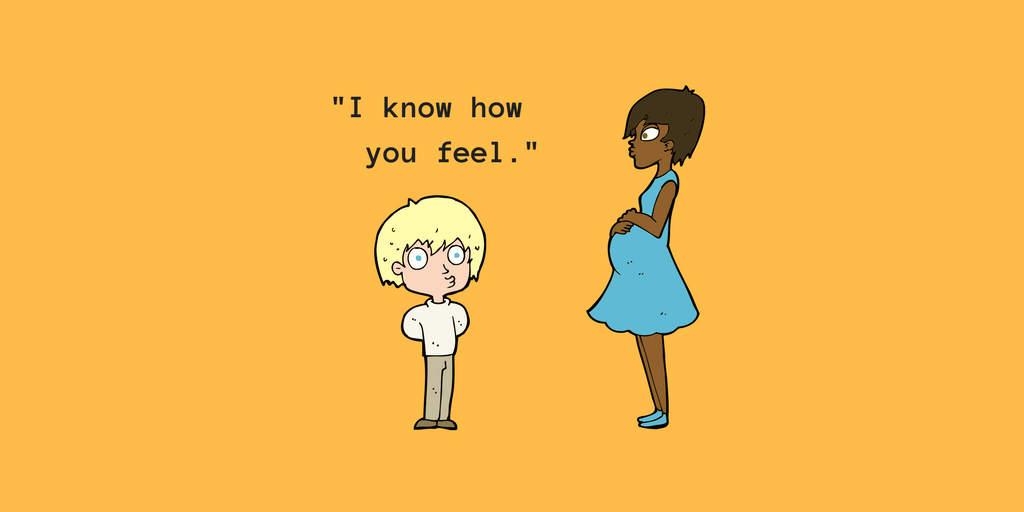
Once again, illiberalism has reared its ugly head: Last week, 50 people were murdered in the New Zealand city of Christchurch because of a callous ideology that prioritizes peoples' race and blood over their human rights and citizenship. This ideology, which is known as white supremacism, is the product of a worldview that differentiates between "us" and "them," and looks down upon the latter.
This analysis may sound trivial in light of the carnage caused by the Christchurch killer. But, unfortunately, this is what it comes down to. When someone is convinced that "we are better than the others" and then takes this thinking to its logical extreme, the "others" will have their human dignity trampled upon. They will be legally and socially disadvantaged, and possibly even murdered.
The politics of 'us' versus 'them'
The world today is full of political movements that have made this thinking part of their very identity. Take, for example, present day China under the leadership of President Xi Jinping. The country caters to the interest of the ethnic Han Chinese and emphasizes Confucianism at the expense of the country's 55 ethnic minorities. Similarly, India is governed by Hindu nationalist Narendra Modi, for whom the country's 200 million Muslims are little more than parasites. In Russia, those in power blame the gay community for the country's economic woes. And in Turkey, the economic downturn is blamed on President Recep Tayyip Erdogan's critics. The life of Israeli dissidents isn't much fun, either.
Alas, Europe has not been spared from this antagonistic ideology. Obvious examples include Germany's far-right populist party, the Alternative for Germany, and Austria's far-right Freedom Party. It does not end there, however. When British voters opted for Brexit in 2016, many did so to draw a line between "us" and "them." And many US citizens similarly look down upon Latin American immigrants, whom US President Donald Trump has made of habit of insulting. All this could make it easy to despair and lose hope in humanity.
But thinking in terms of "us" and "them" may also have something to do with geographical distance, and partially explain why we feel more empathy for some groups than for others. Even so, European Christians should be appalled when scores of Muslims are brutally slaughtered in New Zealand. And, similarly, Muslims should be outraged when Christians are persecuted in Muslim-majority countries.
Empathy, which is what makes us human, should not just be felt for followers of the same religion, but for all people, everywhere. Because they are humans, like us. Empathy is the link between reason and emotion, and creates a counterbalance to racist and religious extremism. Empathy is the foundation for a human coexistence built on dignity and protected by law.
Trying to turn back the clocks
It is this conviction that the humanist and enlightenment philosophy established in our political systems, namely that citizens of the world have certain unalienable rights — regardless of their skin color, their roots or religion. An Indian citizen is and Indian citizen, whether or not he or she is a Hindu or Muslim. An Israeli is an Israeli, whether or not he or she is a Jew, a Christian or Muslim. These rights transcend citizenship to any particular country. And anyone who questions this must be treated with the utmost suspicion. For they wish to undo everything we have achieved since enlightenment, and transform our world into a place marked by "the war of all against all," as Thomas Hobbes once wrote.





